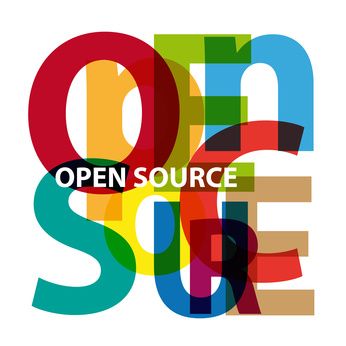Let me start with a small reminder: This is my private blog. The opinions expressed here are my own & do not represent unofficial or official standpoints of my employers, neither past nor current ones. Howgh.
I'm not sure when you read these words, so I'll present the context briefly:
- HashiCorp (HC) has changed licenses for many of its products: announcement made on 10th of Aug, 2023.
- Unsurprisingly, the new license (BSL/BUSL) is much less permissive.
- The change is explicitly aimed at companies with services competitive to HC's hosted cloud offering - HCP. These companies frequently bundle Terraform as a low-level building block of their solutions - HC would like to be the only one allowed to do that or to be compensated for that.
On the one hand, what HC is doing seems to make a lot of sense. First of all, it's entirely legal. Additionally, they have initiated a bunch of great products (like Terraform, but not only), let people use them for free (& keep doing that for the vast majority of HC product users), but also want to secure their finances. It seems legit, doesn't it? We all want successful companies that prove that the OSS model is sustainable long-term (also from a financial perspective), right?
Well, yes and no. And I'd like it to be more "yes", but unfortunately, it's more "no" ...
Open Source is a very tricky model (in general). You don't just let people use the product you've created, but also let them contribute to it - for the sake of the greater good of everyone using it. That makes a non-written, non-binding, but very impactful, trust-based, informal social contract.
When you do that ("open" the product's source), you need to understand that people will contribute for many reasons - some may want to share something they have personally needed, some would like to "build a monument more lasting than bronze", but there will be ones who identify a commercial opportunity. They intend to invest time & effort in further development of the product that will be a foundation for their future commercial service.
There's nothing wrong with that - the license did allow that. Yes, there was always the risk that you (as people who de facto control the project) would change the license, but the concept of trust is built (whether we like it or not) into the idea of Open Source (& other community-based initiatives). If we exploit that trust (by breaking the social contract), we will kill the willingness to contribute (as no one wants to be f*cked up by some smartasses).
What has happened is simple:
HC has underestimated something. Maybe the potential of competition which has grown around the products they've created. Perhaps the level of success of these products has surprised them. They may have had some other commercial business models in focus, but it didn't work out. So, in the end, they've decided to change the game's rules for the players while the cards have already been dealt. Those companies have invested a lot in tools like Terraform & expected to compete fairly by wrapping the community project with some unique value they create. But that was not good enough for HC - who apparently still treats Terraform as their own asset, not a community project. Which is WRONG.
This will probably cost them dearly - as someone who has already breached the community's trust once, they won't be perceived as a reliable partner anymore. What should they do instead? Well, the first option would be to start with a less permissive license (to avoid creating false expectations), but once the mistake was made, the most reasonable path would be to solidify the boundary between open product & managed wrapping around it, to emphasize unique value HC could provide on its own. HC didn't do that; the moat turned out to be too shallow.
Now, it seems too late. The dice have been cast, the foundation has been created, the manifesto has been announced & the fork of Terraform is becoming real. With all the prior sympathy & respect to HashiCorp - for the future good of the OSS model & community, it'd be better if it succeeds.






